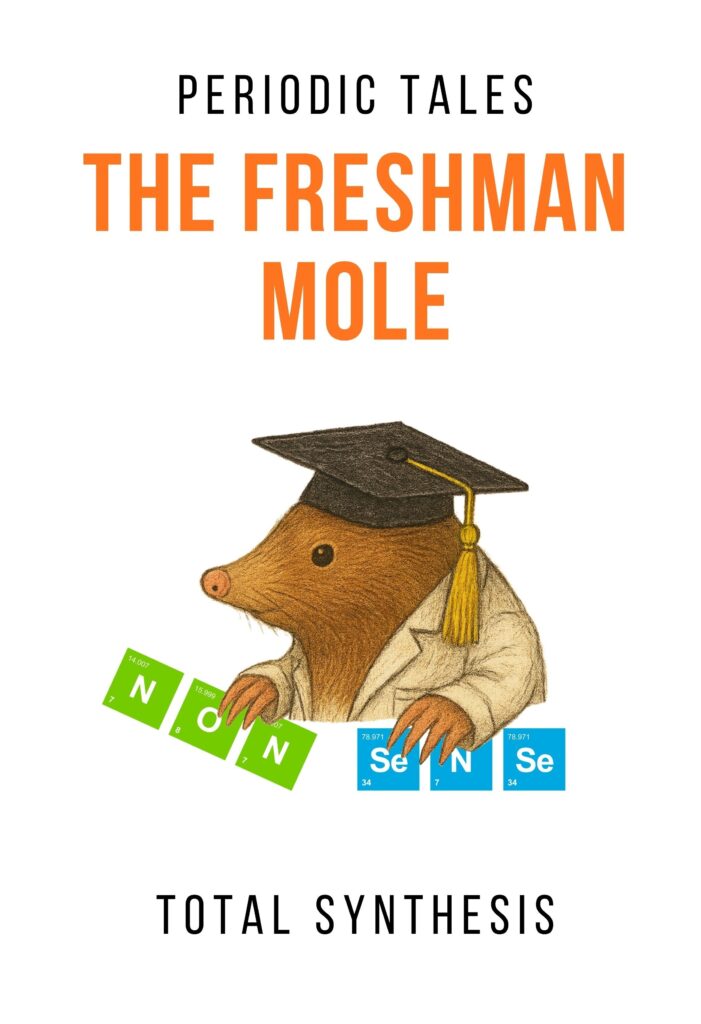The main protecting groups for alcohols are ethers, silyl ethers and acetals. Here’s an overview of their structures, protection and deprotection conditions.

Download: Alcohol protecting groups summary
Alcohol protecting group Mechanisms & Examples
For more details on some of these protecting groups, check out these articles. For each group, we explain the context, mechanisms for protections and deprotections, 3D models and examples (ranging from easy to hard).
O-PMB | O-Trityl | | O-TBS | O-MOM | O-THP | O-MEM | O-SEM
When are Alcohol Groups Protected During Organic reactions?
This might be an obvious question we explain here already:
Why do we need protecting groups to begin with?
It’s all about getting what you want, while avoiding what you don’t want.
Protecting groups are temporary shields for reactive functional groups to prevent side reactions and maximize chemoselectivity of reactions.
When we modify more complex molecules, we might want a specific functional group to react selectively while preserving other hydroxyl groups present in the molecule. The synthesis of carbohydrates (and other natural products, like oxygenated terpenoids) thus often requires protecting groups for alcohols.

The issue comes from one of the first reactivities we learn about in organic chemistry: the chemistry of water (H2O) and alcohols, like methanol (CH3OH). The “-OH” hydroxyl group is a nucleophile and can interfere with reactions of other functional groups.
It is somewhat possible to selectively functionalize some groups without protecting groups, for instance by leveraging relative reactivity due to steric hindrance. Primary hydroxyl groups react faster than secondary hydroxyls.
However, for the assembly of complex molecules with dozens of reactive functional groups, protecting groups are basically impossible to avoid.

Tired of serious chemistry?
Take a break with “Periodic Tales – The Freshman Mole”, a satirical novel that’s the opposite of educational.
Dedicated to every chemistry and STEM student who asked: “Why did no one warn me?”
Let me know if you would like additional summaries of protecting group classes (e.g., for amines etc.). If you’re interested in practice problems in organic chemistry, check out the free problem sets.

Leave a Reply
You must be logged in to post a comment.